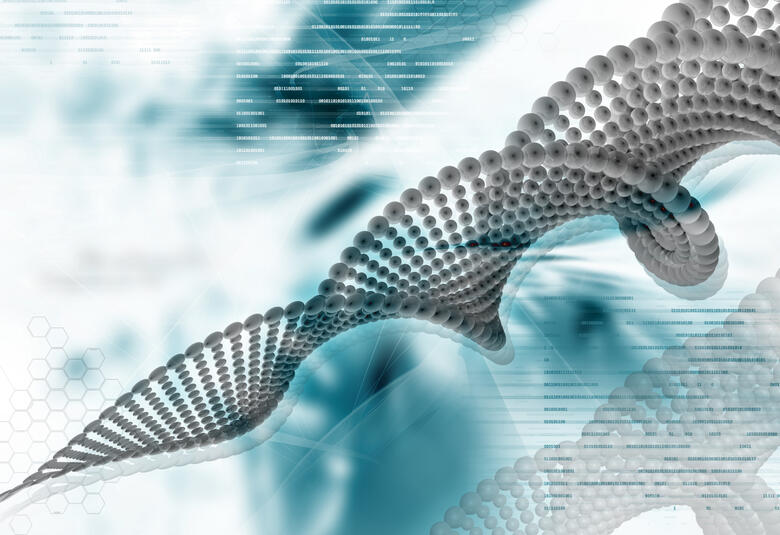Proinflammatory cytokines and their soluble receptors are increased in the plasma of patients with MDD. Understanding neuroimmune changes in depression might help identify potential new therapeutic targets. We report on a presentation at the APA 2016 focussing on peripheral and central immune markers in depression.
Inflammation in depression continues to be a hot topic and the subject of ongoing research aiming to deconstruct the neurobiology of mood disorders. Several lines of evidence – both clinical and preclinical - identify that there are increases in proinflammatory cytokines such as IL-1beta, IL-6 and TNFalpha in the plasma of patients with depression. Speaking during an APA symposium, Professor Ghanshyan Pandey, Director of Mood Disorders and Suicide Research at the University of Illinois, Chicago, said that current research hopes to understand why and where these inflammatory markers are increased – looking at both peripheral and central activation of the immune system in depressive states.
Markers or mediators?
He reminded the audience that infusion of cytokines to animals or humans induces a “sickness behaviour” very similar to depression, suggesting that these inflammatory mediators may be more than just markers of immune activation in mood disorders but more fundamental to the neurobiology of disease.
Gene expression
Professor Pandey’s recent research has included study of post-mortem brains of patients hospitalized for depression and bipolar disorder and he has also looked at the expression of genes for the cytokines known to be increased in depressive states. He explained that it is important to measure mRNA expression for both cytokines and their respective receptors.
According to Professor Pandey, expression of IL-1beta, IL-6 and members of the TNF superfamily are all increased in depression and in addition to increased production of these cytokines, there is increased expression of the membrane bound receptors that mediate cytokine effects. He reminded the audience that peripheral cytokines cannot readily cross the blood brain barrier, but he said that the proinflammatory cytokines implicated in depression are abnormally expressed in the brains of patients with depression and in the brains of patients with mood disorders who committed suicide.
Central up-regulation of cytokines and receptors
Part of Professor Pandey’s research has included study of post-mortem brains from young, adolescent suicide victims where he said that protein and mRNA levels of IL-6 and TNFalpha were increased in the prefrontal cortex. Studies of adult brains of patients with MDD who committed suicide revealed significant decreases in IL-10 – an anti-inflammatory cytokine, and significant increases in lymphotoxin A (LTA) as compared with otherwise normal control brains. Professor Pandey remarked that in contrast to the increased expression of cytokines themselves, the expression of receptors for these cytokines was decreased.
Taking a toll
Another mediator that has been exciting interest among psychiatrists are toll-like receptors (TLRs) – a family of mediators involved in mediating innate immunity. Professor Pandey said that TLR3 and TLR4 are reported to have effects on cognitive performance, while deficiencies in TLR3 have been shown to help spatial cognition. He said that therapies targeting TLRs have been studied in other conditions with immune components such as HIV2 infection and psoriasis, with research also now extending to study in depression.
Want to receive our APA congress highlights report? Sign-up for our newsletter
Our correspondent’s highlights from the symposium are meant as a fair representation of the scientific content presented. The views and opinions expressed on this page do not necessarily reflect those of Lundbeck.




